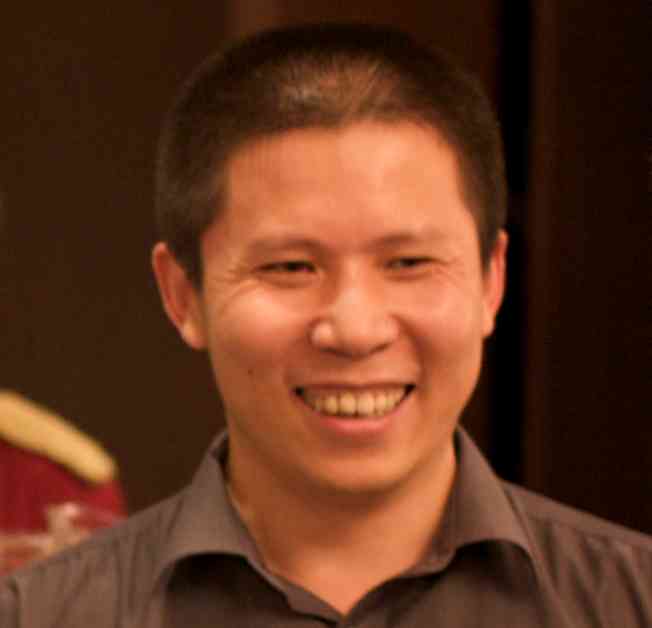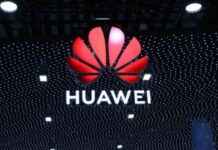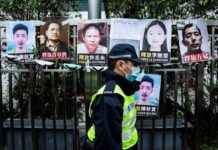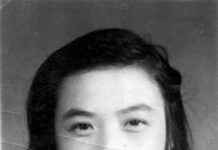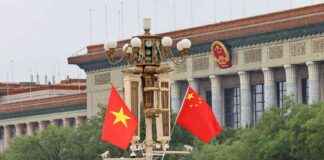In late October, a report from Radio Free Asia revealed that Xu Zhiyong, a Chinese civil rights advocate and lawyer, was on a hunger strike to protest the harsh conditions of his imprisonment. Xu, who is currently serving a fourteen-year sentence for state subversion, had his basic human rights violated, according to his lawyer. He was denied the right to read books, had three inmates monitoring him in his cell, and was banned from talking to anyone while performing forced labor in prison.
Xu’s imprisonment is a result of his vision for China’s future, a vision that clashes with that of Xi Jinping, China’s current leader. Xu, often likened to China’s Nelson Mandela, symbolizes the fight for freedom and dignity in the country. While Xu advocates for a free and just society, Xi Jinping, who is 20 years older than Xu, has taken a different path.
Xi Jinping, having experienced the lawlessness under Mao’s rule in his youth, has failed to learn from his father’s persecution during that time. Since becoming General Secretary and President, Xi has rolled back progress on human rights, sabotaged the rule of law, and tightened control over civil society in China.
Xu Zhiyong, born in Minquan county in Henan Province in 1973, has been an active proponent of rule of law and freedom in China. He co-founded the Open Constitution Initiative to provide legal aid to victims of injustice and has been involved in various human rights movements in the country. Xu’s efforts have often put him at odds with the authorities, leading to his imprisonment and restrictions on his activities.
In contrast, Xi Jinping’s rise to power coincided with China’s economic growth and increased global influence. However, his tenure has been marked by a crackdown on dissent and civil liberties. Xi’s anti-corruption campaign targeted political opponents and further consolidated his power, leading to a more authoritarian regime in China.
As Xu continued to advocate for civil rights and democracy through movements like the New Citizens Movement, Xi Jinping’s government intensified its repression of dissent. The crackdown on activists, lawyers, and NGOs under Xi’s leadership has led to a shrinking space for civil society in China.
Despite the hope for democratization that accompanied China’s economic growth, Xi Jinping’s regime has veered towards totalitarianism and increased control. Xu Zhiyong’s call for a free and democratic China stands in stark contrast to Xi’s authoritarian rule, highlighting the divergent paths the country could take.
In conclusion, the contrasting visions of Xu Zhiyong and Xi Jinping offer insight into the future trajectory of China. While Xu advocates for freedom and democracy, Xi prioritizes control and authoritarianism. The international community must consider which path is better for the Chinese people and the global order as a whole.支
